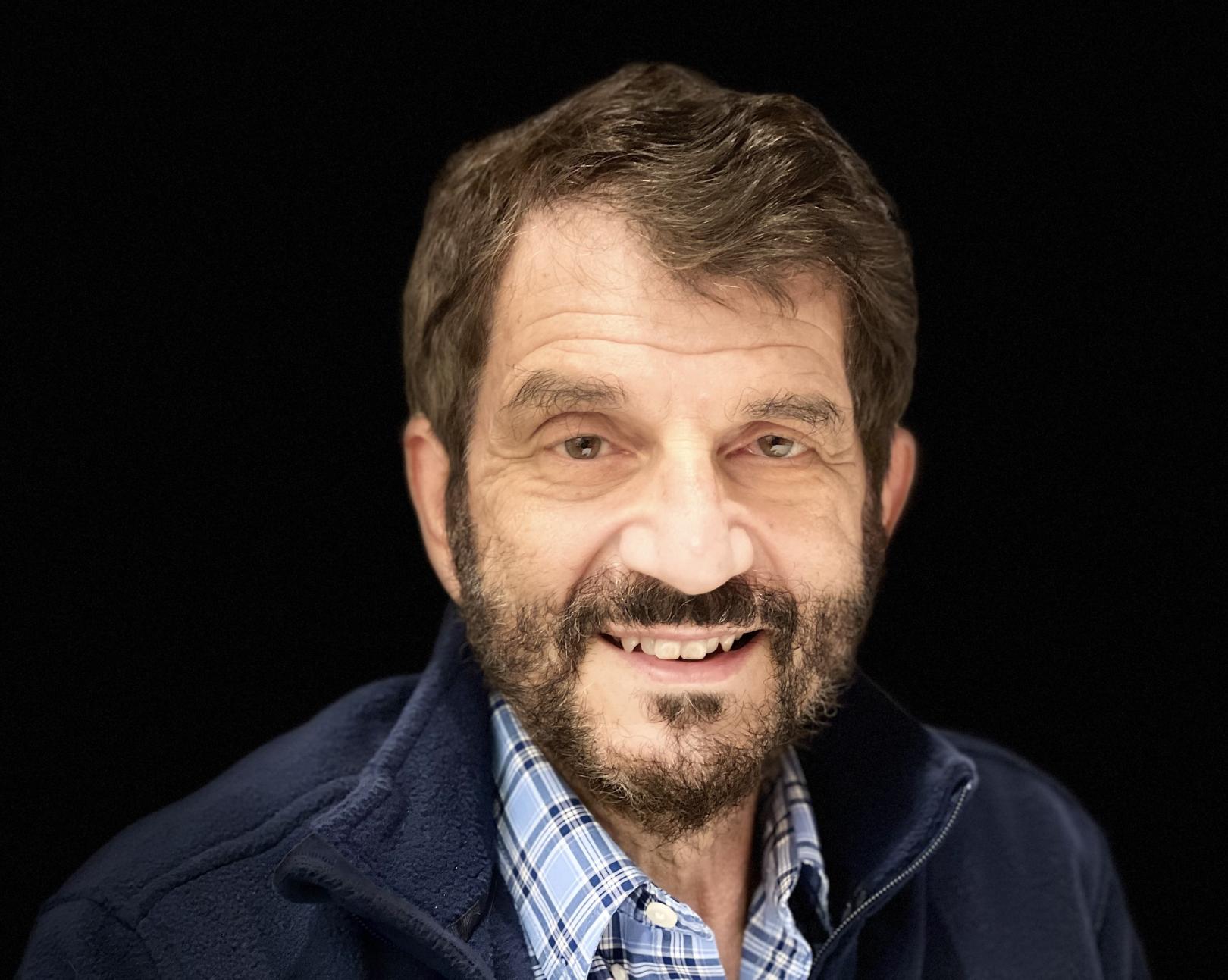
Harvard University │ Cambridge, Massachusetts
For transforming our fundamental understanding of squishy materials ranging from gels, polymers, colloids, and emulsions to living organisms. His innovations led to the development of microdevices for applications ranging from rapid disease screening and drug discovery to cosmetic products. A master educator, he has popularized science through the physics of cooking.
Think of a solid object falling to the ground, a liquid sloshing, or a gas expanding to fill a balloon. Perhaps less familiar are the properties of objects that don’t fit neatly into these three categories—things like gels, foams, emulsions, even the flesh of our own bodies. This is the realm of soft matter physics, which deals with matter that readily changes shape and form under different pressures, temperatures, and other external stresses. David Weitz is widely recognized as one of the outstanding soft matter physicists in the world, a scientist whose impact spans not only fundamental discovery but also practical applications and research techniques.
Soft matter physics (or as it’s sometimes called, "squishy" physics) spans everything from the study of polymers, emulsions, fluids, liquid crystals, and foams, to even living structures such as membranes, cells, and tissues. Such a broad range of subject matter makes it very difficult for the work of a single scientist to cover it all, and yet somehow Weitz has succeeded in doing just that.
Growing up in Canada, Weitz had always been interested in mathematics. He initially directed his aptitude toward computer science, before physics caught his eye as an undergraduate at the University of Waterloo. He earned his Ph.D. in physics from Harvard University in 1978 before launching his career in industry. As a research scientist at Exxon Corporation, where he worked for almost 18 years, Weitz first made his mark in fundamental research. Among his early contributions at Exxon was his influential research in colloidal science—the study of mixtures of particles of one substance suspended in another substance. He experimentally demonstrated that colloidal aggregates, which are assemblages of different colloids, possess a fractal geometry, as previous computer simulations had theorized. He went on to comprehensively describe the dynamics of how these structures form.
He also took a technique called dynamic light scattering, already proven as an invaluable tool for soft matter physics, and made it even more powerful by vastly enhancing its capabilities. When originally conceived, dynamic light scattering had been limited to the analysis of transparent samples because scattering information was lost in the murky depths of opaque substances such as paint, milk, shaving cream, or even human tissue. Weitz and several colleagues extended the technique into a new method called diffusing wave spectroscopy (DWS), which allowed the dynamics of such materials to be probed and analyzed.
In 1995, Weitz moved from industry to academia, becoming a professor of physics at the University of Pennsylvania. There, he applied the DWS method to study rheology, the elastic and viscous properties of substances. Weitz pushed the boundaries again by working at the microscopic scale with optical methods, a technique which came to be called microrheology. It proved to be a versatile solution for the study of a wide variety of soft matter and a minimally or even noninvasive technique to see inside the substance of living cells and their dynamics.
After moving to Harvard as faculty in 1999, Weitz began to explore the synergies between soft matter physics and biology. Using microrheological techniques, he studied the cytoskeleton of living cells, a challenging task yet well suited to the methods he had developed. The work yielded fresh insights into the mechanics and structure of these intricate molecular networks. He also became a pioneer in the burgeoning new field of microfluidics, which involves the control and manipulation of tiny amounts of fluids. Because fluids behave quite differently at a microscopic scale, it’s possible to design and construct devices that can exploit these properties for various purposes, especially in biomedicine. Among other medical applications, microfluidics technology is used in diagnostics (for example, COVID tests), cytology, targeted drug delivery, and genetic analysis, all using microscopic droplets of samples. Some of Weitz’s contributions to the industry include methods of producing uniformly sized emulsion drops that improve consistency in manufacturing and methods of making double emulsions (drops within a drop) for the controlled release of fluids and medications.
Weitz’s research has led to the development of valuable new technologies and the establishment of at least 25 startup companies, and he holds 65 patents arising from his research. His reputation as an educator and champion of science equals his accomplishments as a researcher, which have been recognized with various honors including membership in the National Academy of Science, National Academy of Engineering, and the Royal Society of Chemistry. He has trained legions of graduate students and postdoctoral students, many of whom have gone on to their own distinguished careers by building upon work started under Weitz’s tutelage.
Not all of his students have been scientists, however—he is also the force behind one of Harvard’s most popular courses ever for science and non-science majors alike, "Science and Cooking: From Haute Cuisine to the Science of Soft Matter," which brings together the kitchen and the laboratory to demonstrate how soft matter physics and microfluidics play an indispensable role in cooking. Still going strong after 13 years, the course is also enormously popular as an online offering to public audiences.
From the physics of shaving cream to the creaminess of chocolate pudding to everything in between and beyond, David Weitz is a consummate scientist, educator, and entrepreneur whose career spans the entire spectrum from fundamental science to everyday phenomena to practical applications.

